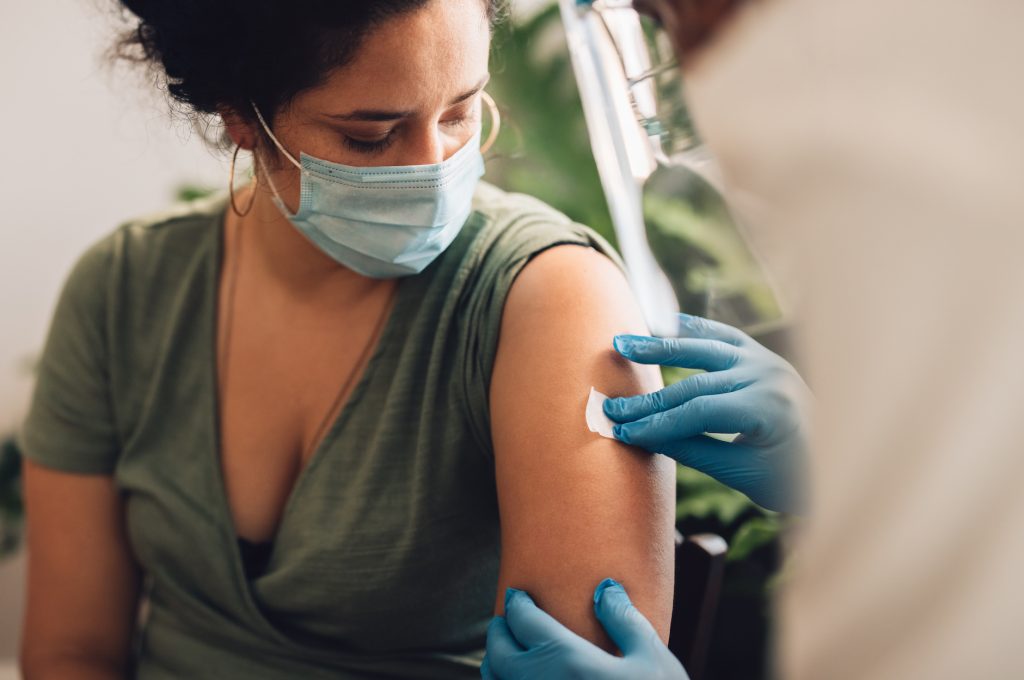
IGPA’s Research Scholar Initiatives catalyze large-scale policy inquiries to undergird the development of policy decision making models by teams of scholars across the University of Illinois System and maximize public engagement and impact.
Since 1947, the Institute of Government and Public Affairs (IGPA) has connected scholars across the University of Illinois System with legislators, civil servants, and key decision makers in Springfield, throughout the Land of Lincoln, and beyond. As the only System-level institute dedicated to policy engagement, we connect world-class research with the state’s needs—and we support policymakers in pursuing research-driven solutions.
IGPA’s Research Scholar Initiatives catalyze large-scale policy inquiries to undergird the development of policy decision making models by teams of scholars across the University of Illinois System and maximize public engagement and impact.






